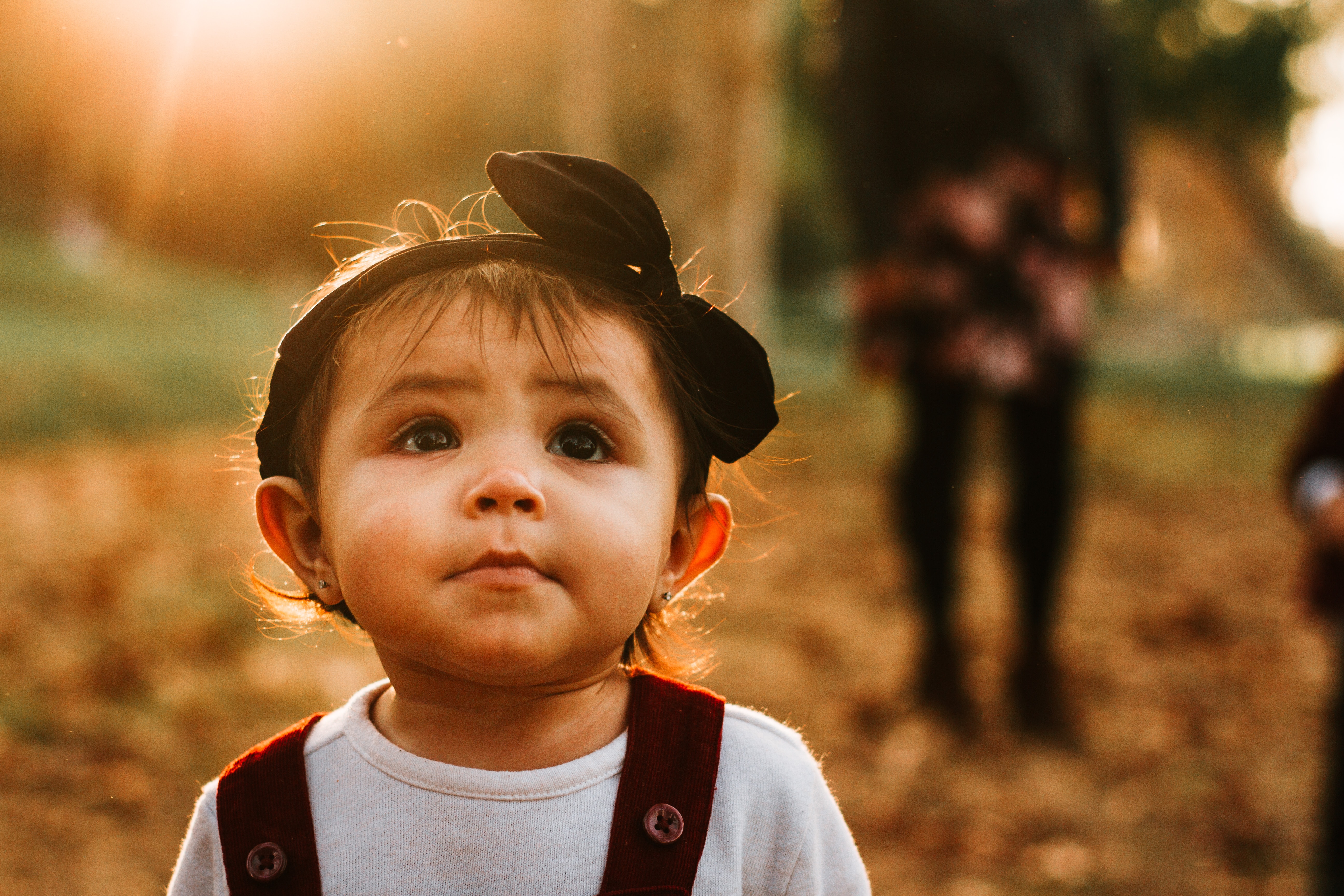Caring for your little one’s eyes and vision

Caring for your little one’s eyes and vision
Often when we are nursing our newborn, we are waiting for that heartwarming first smile, or for their tiny fingers to wrap around ours as they discover how to touch. The milestones that a baby reaches in those first few weeks of life are critical for their development, and their vision is no exception.
Waking up
At two weeks a newborn baby will start to appear awake, and their eyes will begin to open. At this age a baby can only see about 30-35 cm in front of them, and usually only black and white objects. They will start to develop their colour vision after a few months. Recognising their parents, or carers faces will not be until the four-month mark.
Be Alert
Monitoring your baby’s eyes in the early years is essential for healthy growth. A child’s level of vision affects their academic performance, wellbeing and physical development. It is important to observe your little one and watch out for tell-tale signs if something is not quite right.
Prevention is better than cure
As your child moves from the baby to toddler phase, make sure you keep them up to date with vaccinations; infections like measles can cause permanent sight impairment.
Ensure your child has a healthy and nutritionally balanced diet and try to make sure their eyes are shielded in the sun. It is now known that almost all of the UV related damage our eyes receive in a lifetime occurs before the age of 18.All of our practices stock sunglasses designed for infants.
Introduce your toddler to the Opticians at an early stage. Remember, they do not need to know their letters before they have an eye examination. A good starting point can be to bring them in with an older sibling, so that they become familiar with the process. Before they start school, they should have had at least one professional eye examination. This will check the health of the inside of the eye as well as their level of vision. All children under the age of 16 are entitled to an NHS funded eye examination.
What to look out for:
- Rubbing eyes - not to be confused with overtiredness, if your child is rubbing their eyes a lot and they are becoming red, itchy and/or watering it could be time to source an expert opinion.
- Distracted focus - unable to focus on everyday objects or holding toys up close to see them may be a sign that they are short sighted.
- Lack of concentration - if your child finds it difficult to engage with picture books, television or other vision-related activities that would be suitable for their age, speak to your health visitor or optometrist.
- Sensitive to light - we always recommend wearing sunglasses during sunnier months, but if your child has issues with natural daylight or lights at home, it may be a different problem. If your child’s eyes do not look normal in photographs, seek urgent advice.
- Strabismus - this occurs when the muscles that control eye movements do not work properly. You may notice that one (or both) of the eyes turn in or out. While the condition can be linked to other health issues, it is often treatable if caught at a very young age. If left untreated, it can cause the brain to permanently shut down vision in one eye, to prevent double vision.
If you are concerned about your child’s eye health, contact one of our practices today.
Frames for babies and infants
We have a wide range of frames available for little ones, should they need to wear glasses. The range includes brightly coloured, fashionable frames, made from durable, soft and lightweight materials. Pop into your local practice today.
